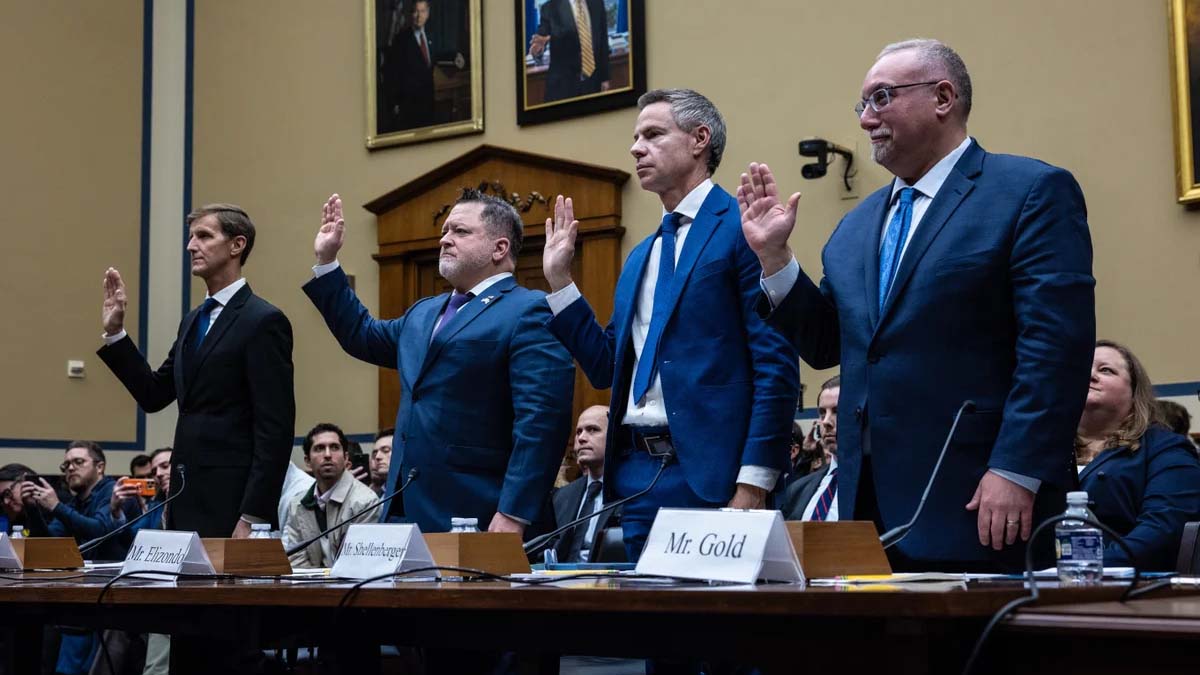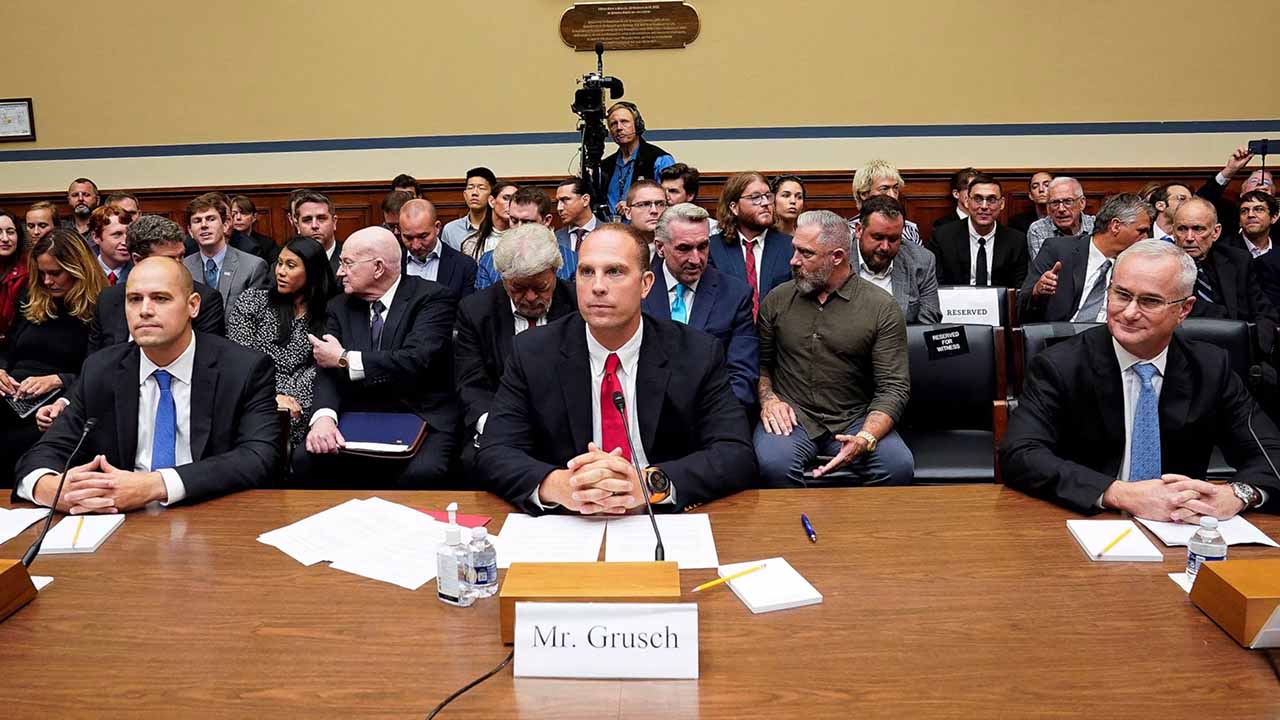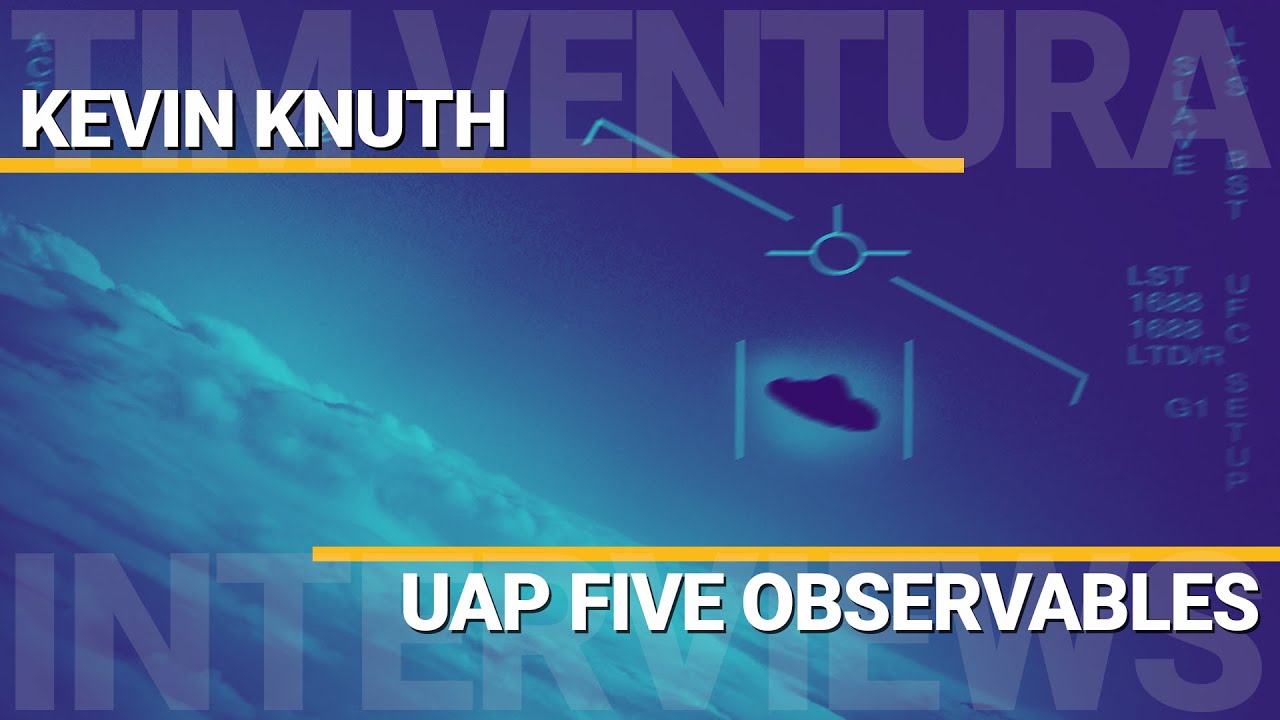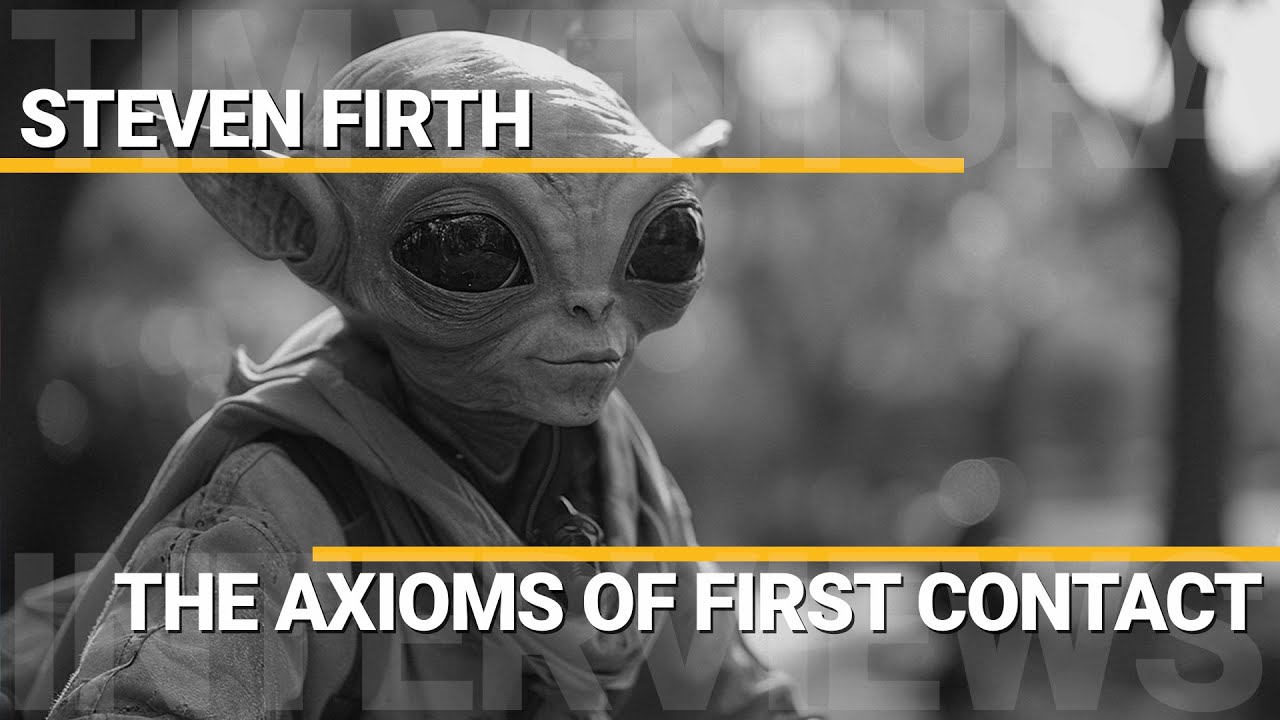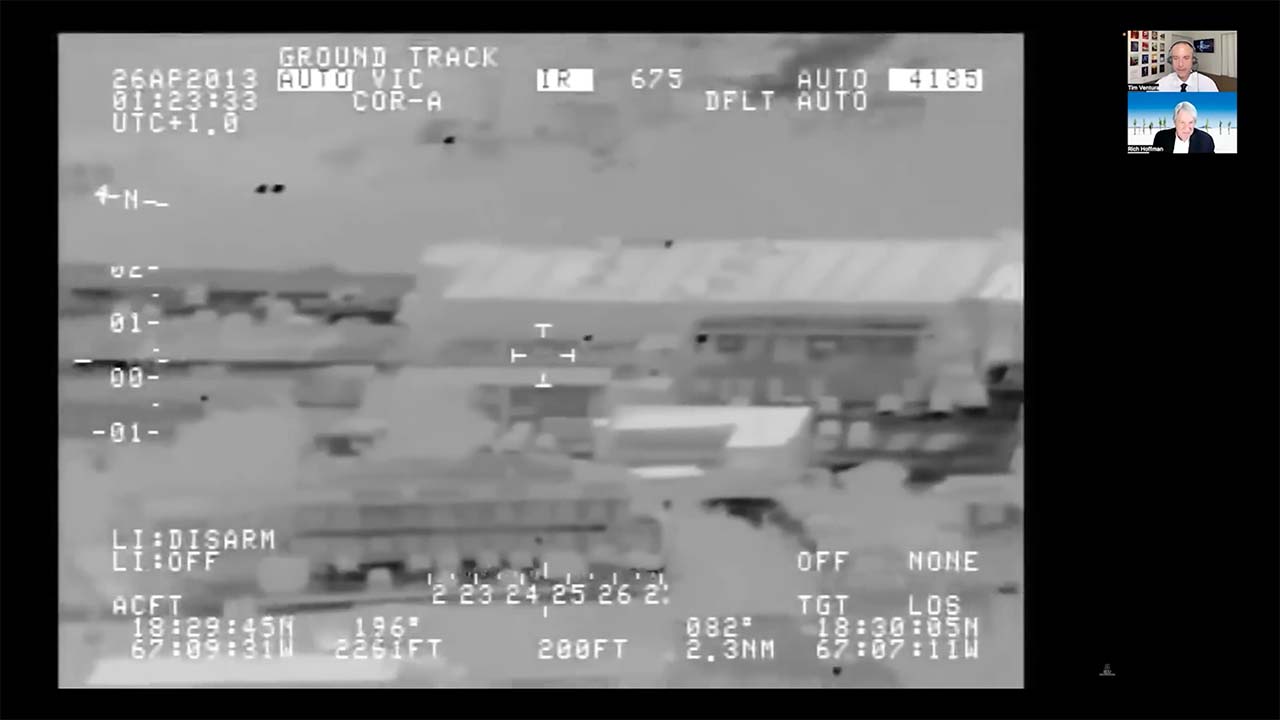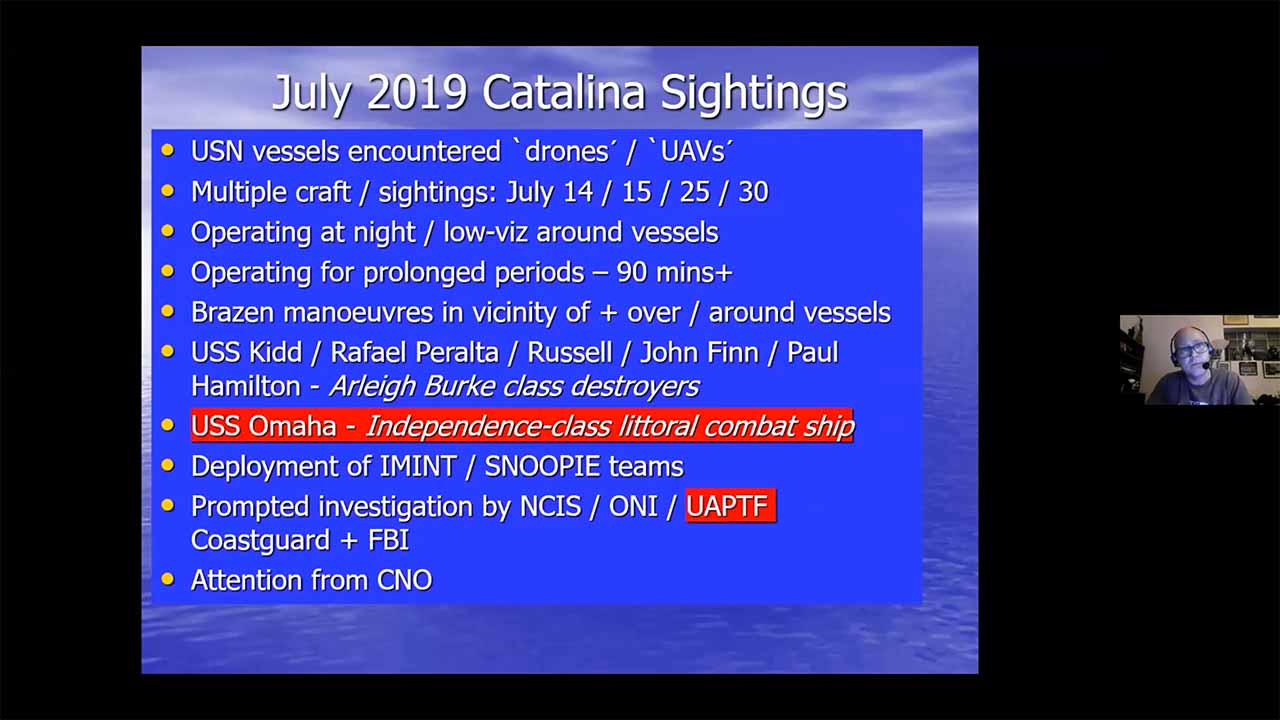The Long History of UFO Crash Retrieval
David Grusch & Sen. Marco Rubio claim defense contractors have crashed UFOs – are they right? National security author & UFO researcher Larry Hancock provides history, context & insight on 70 years of crash retrieval & reverse-engineering rumors. Larry Hancock is an experienced UAP researcher and SCU board member, and discusses the Scientific Coalition for UAP Studies (SCU)’s research. SCU is conducting rigorous, data-driven studies on UAPs from 1945-1975, focusing on pattern recognition (published), intentionality (in peer review), and two ongoing projects analyzing civilian and military UAP data. The discussion contrasts SCU’s methodical approach with the current media frenzy surrounding recent whistleblowers like David Grusch and the AARO/NASA investigations, which are criticized for lacking historical context and a robust methodology.
Hancock highlights the challenges of evaluating anecdotal evidence and the difficulties in separating new information from decades of circulating claims. He emphasizes the need for a structured approach to source analysis and the importance of considering the historical context of UAP reports, including recovered materials and crash investigations. The podcast also previews SCU’s upcoming international conference (July 29th-30th), which will feature diverse research and a global perspective on UAPs. Hancock expresses skepticism about the immediate impact of new legislation requiring UAP crash material reporting, citing the inherent secrecy within national security agencies. Ultimately, the podcast advocates for a more scientific and historically informed approach to UAP research, contrasting the SCU’s methodology with the current, often sensationalized, narrative.
The SCU’s Data-Driven Approach: A Contrast to the Current Narrative
Hancock, a veteran with a background in history, anthropology, Air Force service, and technology, and author of seven books on national defense and UFO history, highlights the SCU’s meticulous approach to UAP research. Unlike many current investigations that focus on recent events, the SCU’s work spans from 1945 to 1975, meticulously analyzing documented data from the Blue Book Project, Air Force, Army, and FBI records.
Their published 64-page pattern analysis study, available on both the SCU and Harvard websites, represents a significant contribution to the field. Furthermore, their ongoing research delves into the intentionality behind observed UAP activity and a long-term project analyzing civilian UAP patterns against military data. The ultimate goal? To create a comprehensive “estimate of the situation” once all four studies are complete.
The Challenges of Navigating Sensationalism and Historical Context
The podcast discussion underscores the challenges inherent in navigating the current UAP narrative. The influx of media attention, coupled with the recent whistleblowing by David Grusch, has created a whirlwind of information, much of which lacks the rigorous sourcing and verification necessary for scientific analysis. Hancock points out that while Grusch’s testimony has connected modern narratives to a rich 70-80 year history, the lack of detailed sourcing makes critical evaluation extremely difficult.
The discussion also highlights the limitations of AARO (All-domain Anomaly Resolution Office) and NASA’s approach, which seems to largely disregard the wealth of historical data in favor of focusing solely on contemporary events. This, Hancock argues, is a significant oversight, hindering a comprehensive understanding of the phenomenon.
Crash Recoveries, Cover-Ups, and the Limits of National Security
A significant portion of the discussion centers around the topic of alleged UAP crash recoveries. Hancock emphasizes the complexities involved, drawing parallels between standard aircraft crash recovery procedures and the potential misinterpretations that can arise when applying these procedures to UAPs. He cites examples such as the F-117 crash and the Kecksburg incident, highlighting how easily conventional technology or foreign aircraft can be mistaken for UAPs.
The podcast also delves into the challenges posed by national security classifications and the potential for misinformation and intimidation tactics. Hancock expresses skepticism about the effectiveness of the 2024 National Defense Authorization Act revisions mandating the reporting of crashed UAP material, citing the inherent capacity of national security agencies to withhold information.
The SCU Conference: A Global Perspective on UAP Research
The podcast concludes with a promotion of the upcoming SCU conference (July 29th-30th), a virtual event featuring international speakers and a diverse range of research approaches. This conference promises to offer a refreshing contrast to the often US-centric media coverage, providing a global perspective on UAP research and highlighting the SCU’s proactive, data-driven methodology.
Conclusion: A Call for Rigorous, Data-Driven Investigation
The podcast discussion serves as a crucial reminder of the need for rigorous, scientific investigation in the field of UAP research. While the recent surge in public interest is undeniably significant, it’s crucial to approach the subject with critical thinking, demanding verifiable evidence and avoiding sensationalism. The SCU’s work, with its emphasis on historical data analysis and a global perspective, offers a valuable model for future UAP research. The upcoming conference promises to be a pivotal event for those seeking a more nuanced and scientifically grounded understanding of this complex phenomenon.
Register For UFORev
Want to see more great UFO Reverse Engineering stories? Sign up for our mailing list to get exclusive access to captivating presentations, engaging events, and more!
RECENT POSTS
Congressional UFO Hearing with Lue Elizondo
May 4, 2025
Congressional UFO Hearing with David Grusch
May 3, 2025
Aguadilla UAP Sighting Analysis
May 2, 2025
The Catalina UAP Sightings
May 2, 2025
